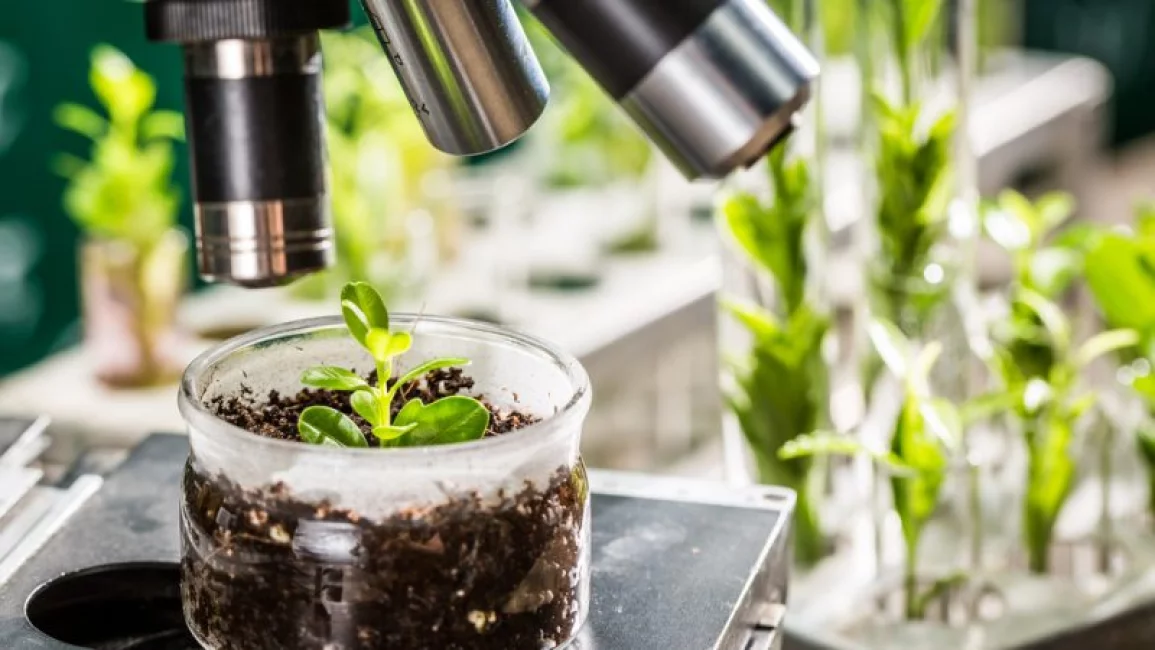EMSA statement on New Breeding Techniques (NBTs)
The European Mobile Seed Association – EMSA - represents Mobile seed processors in Europe. Mobile seed processors are the professionals who, with an adequate technical equipment and the necessary knowhow, allow farmers to replant their own seed. They are therefore promoting the benefits of farm saved seed for the competitiveness of the European agriculture, the biodiversity and the rural economy.

EMSA welcomes the proposal from the European Commission proposal to adapt the current legislative framework to include plants derived from targeted mutagenesis and cisgenesis, the so-called New Genomic or New Breeding Techniques (NBTs). The proposal will only make sense if it maintains high safety standards and reap the benefits from innovation by enabling these new techniques to contribute to the sustainability and resilience of the EU agri-food system and benefit society.
EMSA members think that the current GMO legislation is not fit for plants produced by targeted mutagenesis and cisgenesis, and that it needs to be adapted to scientific and technological progress in order to be resilient, future-proof and uniformly applied. NBT products have the potential to contribute to sustainable agri-food systems in line with the objectives of the European Green Deal and Farm to Fork Strategy.
EMSA members would like to express their concern that, if NBTs developers speed up their production, members involved in farm-saved seed treatment will inevitably lose market share. It will be a "David and Goliath" legal battle that could easily drain the resources of mobile seed processors. Instead, access to patent protection should be simplified, in order to ensure a level playing field between all sizes of plant breeding companies.
EMSA would like that the risk assessment, necessary for the authorisation of a product resulting from genome modification, be based on the product of this modification and not on the technique used. EMSA proposes to carry out a regular reassessment of the national transposition of the ongoing and future EU legislation on the topic. This reassessment should include a public debate component.
Finally, EMSA also thinks that the European Commission should allow hybrid seeds - produced by cross-pollinating two different strains of plant - to be farm saved, once a compensation fee is paid to the breeders. The seed industry is moving towards hybrids seeds and this is removing the options for farmers to favour farm saved seed. As breeders control the seed supply chain, thereby the food supply chain as well, the European Union should facilitate farmers to use farm saved seed instead of hybrid seeds, in order to avoid and artificial increase of food prices. Keeping diversity is key to ensure food security!
About EMSA:
Founded in 2010, the European Mobile Seed Association represents professional seed processors in Europe, which provide farmers with a specially tailored mobile seed preparation service. Contact: Jerome ROCHE. Tel.: +32 (0)477.728.557. – info@emsa-seed.eu
Please click HERE to find the PDF version of this document.
